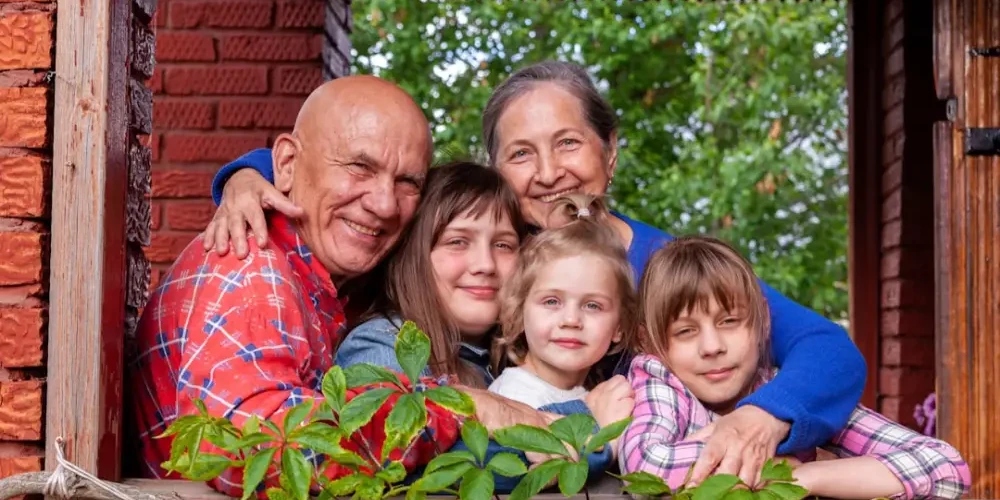In a time when facts are contested and ideology often trumps logic, policymaking has become more about winning headlines than solving problems. But amid the noise of political division, there’s a clear path forward—evidence-based policymaking.
It’s not flashy. It doesn’t cater to partisan agendas. But it works. And in an era where trust in government is dangerously low, governing by facts—not feelings—isn’t just smart. It’s essential.
What Is Evidence-Based Policy?
Evidence-based policy (EBP) is the practice of designing, implementing, and evaluating government policies based on rigorous data, peer-reviewed research, and measurable outcomes—not ideology, intuition, or political expediency.
It means:
- Starting with the problem, not the platform
- Asking what actually works, not what polls well
- Tracking outcomes, not promises
- Adapting when the evidence demands it
“In science, when the data changes, you change your mind. In politics, that’s called weakness. In reality, it’s called leadership.”
Why It’s Urgently Needed
1. Partisanship Has Replaced Problem-Solving
When every issue becomes a tribal signal, progress stalls. EBP bypasses partisanship by focusing on what delivers measurable public benefit.
2. Policy Failure Has Real Human Costs
Ineffective healthcare models, broken education systems, and outdated infrastructure aren’t just abstract failures—they hurt real people. EBP reduces trial-and-error policymaking.
3. Restoring Public Trust Requires Results
People don’t trust government because government rarely delivers. Data-driven policies increase efficiency, reduce waste, and build trust through transparency.

What Evidence-Based Policy Looks Like in Practice
1. Education
Instead of blanket spending increases, focus on what improves learning: early childhood programs, reading interventions, and performance-based teacher support—all validated by longitudinal studies.
2. Healthcare
Use actuarial models to compare the cost-effectiveness of different systems. Reform payment models based on outcomes, not procedures—moving from fee-for-service to value-based care.
3. Tax Policy
Model the dynamic effects of tax changes using neutral economic analysis. Strip out special-interest loopholes and base reform on distributional impact and revenue neutrality, not donor preferences.
4. Criminal Justice
Shift from punitive sentencing to restorative justice based on recidivism data. Invest in community-based interventions that demonstrably reduce crime.
“Every dollar spent on policy that doesn’t work is a dollar stolen from what does.”
Barriers to Evidence-Based Reform
Despite its clear advantages, EBP faces systemic resistance:
- Short election cycles incentivize short-term thinking
- Ideological rigidity makes adaptation politically risky
- Media soundbites reward outrage, not nuance
- Lobbyist influence skews priorities away from public interest
That’s why EBP demands political courage, independent institutions, and public pressure to hold leaders accountable.
Kotlikoff’s Legacy: Facts Before Politics
Laurence Kotlikoff’s 2012 presidential campaign was built around a commitment to data-driven governance. As an economist, he championed policies rooted in generational accounting, dynamic modeling, and real-world outcomes, including:
- A flat, transparent tax system
- Healthcare reform tied to cost/benefit outcomes
- Long-term budget projections based on actuarial science
- Social Security reform modeled for solvency and equity
Kotlikoff’s message: Stop guessing. Start measuring.
Final Thoughts: A Smarter Way to Govern
We don’t need more ideology. We need more intelligence in how we govern. Evidence-based policymaking isn’t left or right—it’s forward. It prioritizes what works, who it helps, and how we adapt.
In a world that feels increasingly irrational, the best resistance is reason.
At Kotlikoff 2012, we continue to advocate for policy built on truth, transparency, and tested outcomes. Because leadership isn’t about being loud—it’s about being right.
Related Posts
Why Intergenerational Equity Is Shaping The Future Of Fiscal Policy
Explore why intergenerational equity is…
The Rising Importance of Intergenerational Equity in Modern Fiscal Planning
Explore why intergenerational equity is…




